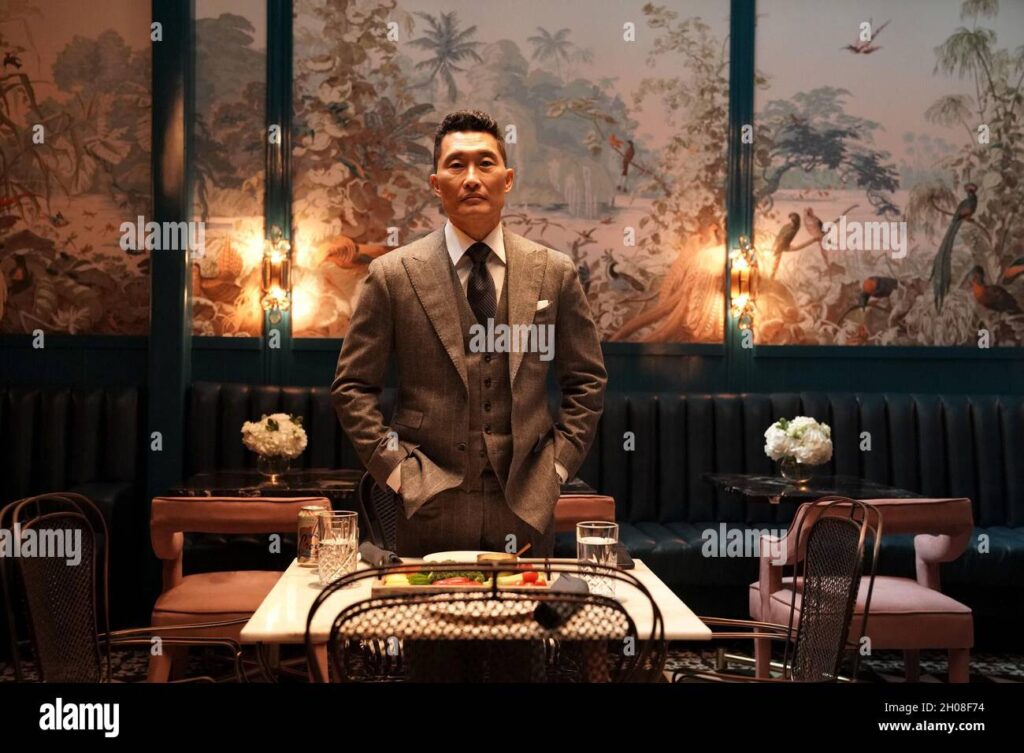
Introduction
Daniel Dae Kim is an influential actor and producer known for his groundbreaking roles in film and television. As an Asian-American actor, he has contributed significantly to the representation of diverse cultures in the entertainment industry. Kim’s work not only entertains but also sparks conversations about diversity and inclusion, making his career relevant to a wide audience today.
Career Highlights
Born in Busan, South Korea, and raised in the United States, Daniel Dae Kim gained recognition for his role as Jin-Soo Kwon on the hit TV series Lost, which aired from 2004 to 2010. This role marked a pivotal moment in his career, placing him at the forefront of a diverse cast that resonated with viewers worldwide. Following Lost, he starred in Hawaii Five-0 as Chin Ho Kelly, further solidifying his status as a lead actor in mainstream television.
In addition to his television success, Kim has made numerous appearances in films and has worked behind the scenes as a producer. His production company, 3AD, aims to create culturally relevant content that tells authentic stories from diverse perspectives. Notably, he produced and starred in the acclaimed series The Good Doctor, which focuses on a young surgeon with autism, highlighting important themes of acceptance and understanding.
Advocacy and Impact
Beyond his acting credentials, Daniel Dae Kim is also recognized for his advocacy work for Asian-American representation in Hollywood. He has been vocal about the need for greater diversity within the industry and has actively participated in initiatives aimed at increasing visibility for Asian actors and stories. His efforts have sparked important discussions about the challenges faced by minority actors and the importance of authentic storytelling.
During the COVID-19 pandemic, Kim was instrumental in combating anti-Asian hate, using his platform to raise awareness and support for the Asian-American community. He participated in various campaigns and public speaking events to educate the public and promote kindness, underscoring the significant role that influential figures can play in societal conversations.
Conclusion
As Daniel Dae Kim continues to grow his career in the entertainment industry, his impact extends far beyond the roles he plays. His commitment to advocacy, representation, and storytelling contributes to a broader understanding of cultural diversity in media. Looking ahead, Kim’s trajectory suggests he will remain a vital figure in promoting equity and inclusion within Hollywood, while providing audiences with compelling content that resonates globally. His journey exemplifies the power of representation and inspires future generations of artists to share their unique narratives.



